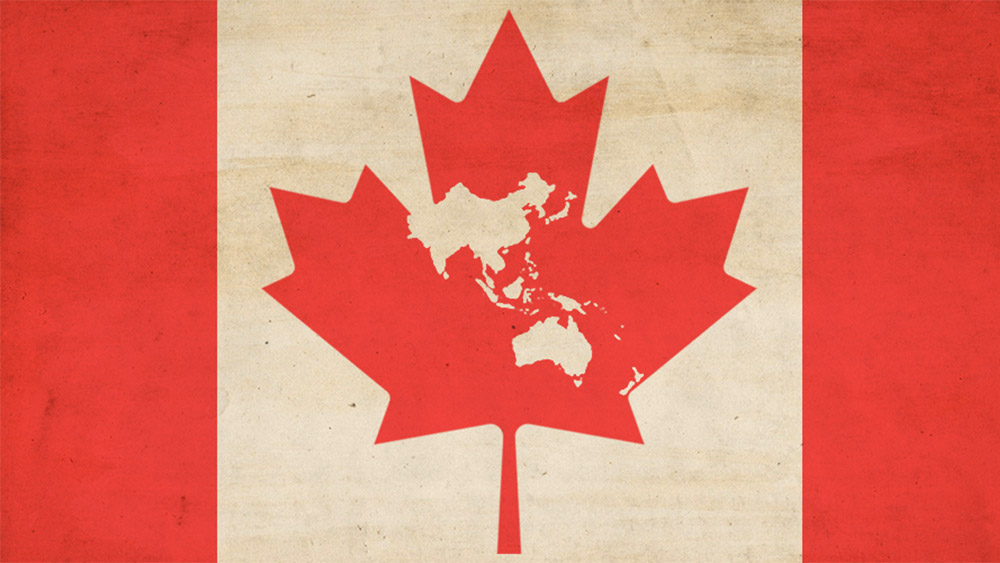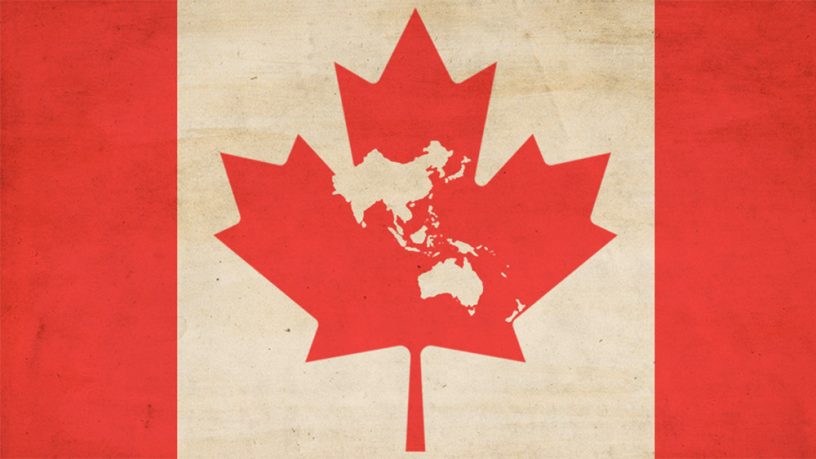
With the Democratic administration of Joe Biden likely to continue a hardline stance towards China, this study argues that Canada’s national interests are best served by alignment with the confrontational posture of the US.
Authors:
Kenneth Holland, Jindal Global Law School, O. P. Jindal Global University, Sonipat, Haryana, India
Summary
China’s ambition to be a great power has triggered a rivalry with the United States, the dominant hegemon in the Asia-Pacific since the end of the Second World War.
The administration of Republican Donald Trump shifted the direction of U.S. policy, abandoning engagement and taking a hardline stance toward China diplomatically, economically, and militarily.
The Democratic administration of Joe Biden, elected to the presidency in November 2020, is likely to continue this confrontational policy. Washington’s posture toward Beijing has put traditional U.S. allies in a difficult position.
They must choose whether to join the effort to counter China’s ambitions, support those ambitions or take some intermediate stance.
As one of the United States’ closest and longest-standing allies, Canada must make decisions that will affect its position in the world for the rest of the twenty-first century.
The paper argues that Canada’s national interests are best served by alignment with the confrontational posture of the United States while at the same time joining the efforts of U.S. allies Japan, Australia, and South Korea to moderate the thrust of Washington’s Indo-Pacific Strategy in a direction more consistent with multilateralism and the preservation of the rules-based order.
Published in: Canadian Foreign Policy Journal
To read the full research paper, please click here


